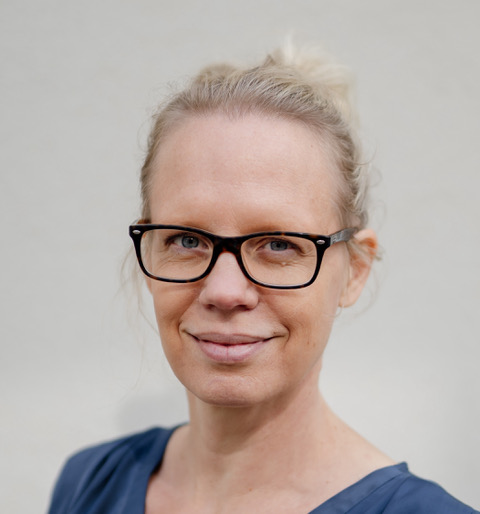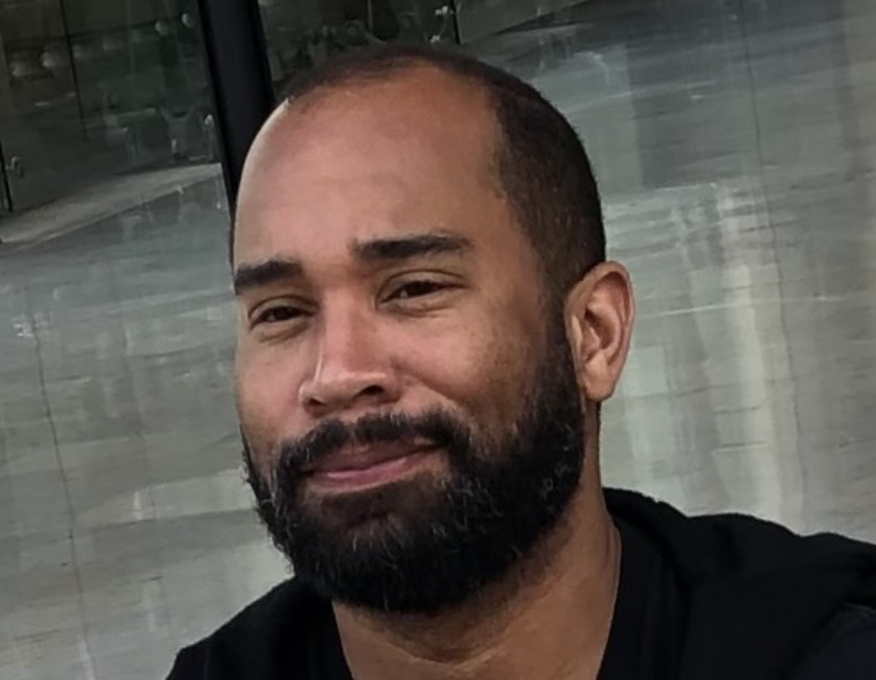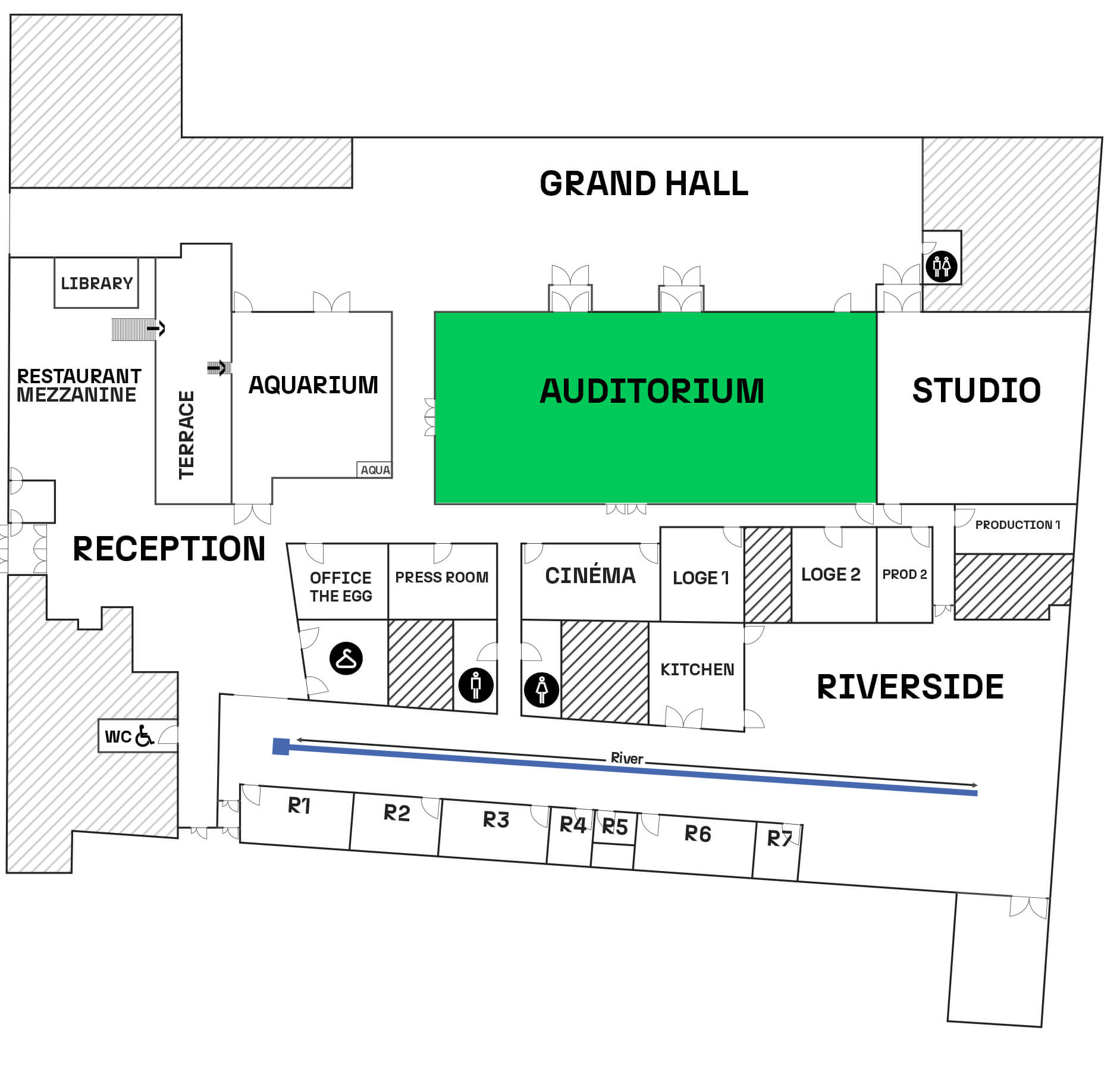Medical data for enabling progress in healthcare in Europe and beyond
This panel, co-organised by EBRAINS and the INCF, will explore the key role of FAIR (Findable, Accessible, Interoperable, Reusable) medical data in advancing healthcare research and innovation. With contributions from experts in neuroscience and data infrastructure, the discussion will highlight the importance of collaborative frameworks and digital platforms – such as EBRAINS – that facilitate data sharing, integration and reuse across national and disciplinary boundaries. Focus will be placed on how curated, high-quality datasets can drive scientific advances and clinical translation in brain health. The session will be moderated by Prof. Jan Bjaalie.

Who You’ll Be Hearing From
This session brings together expert voices from across the EBRAINS community and beyond. Discover the people sharing their insights, research, and perspectives on the topic.


After her PhD in mathematics, Rachel Brouwer worked at the department of Psychiatry, University Medical Center Utrecht where she studied the brain development and brain changes in disease, using genetically informative longitudinal brain imaging data. She is co-lead of the ENIGMA plasticity working group, an international collaboration to study the genetic architecture of longitudinal changes of brain structural measures. Currently she works as a researcher at the department of Complex Trait Genetics, Vrije Universiteit Amsterdam.


Francis studied cognitive science and AI throughout his academic career, completing his doctoral work in computational modelling of neural information coding. With software and data engineering experience in academia and the industry, he supported the Ontario Brain Institute's effort to launch their Brain-CODE neuroscience research data platform in 2013. Francis has co-founded startups and continues to engage and support early-stage companies and research labs in their efforts to have a real-world impact. He's led data science initiatives in the clinical research setting including neuroscience, cardiovascular, and chronic pain. Today, Francis heads the newly formed Centre for Analytics at the Ontario Brain Institute to help advance skills, technologies, and translation of neuroanalytics into care. Over the past decade, he's engaged and published with collaborators on numerous projects building tools for data sharing and analysis via the Global Alliance for Genomics and Health (GA4GH), the International Rare Disease Research Consortium, the INCF, and others. He continues to pursue analytics research in areas such as health risk modelling, predictive systems, and federated learning.


Mathew Birdsall Abrams, PhD, MPH is Director of Science and Training at the International Neuroinformatics Coordinating Facility (INCF), a global organization dedicated to open, FAIR, and citable neuroscience. Mathew is a neuroscientist with over 25 years of experience in both experimental neuroscience and clinical psychiatry, as well as 12 years of experience in community coordination, community building, and product development in neuroinformatics. Mathew has worked with the infrastructure developers of the world’s large scale brain initiatives (BRAIN Initiative in US, Human Brain Project in Europe, Canadian Open Neuroscience Platform, and Brain/MINDS in Japan). He also holds Positions of Trust in many neuroscience societies (e.g. SfN, FUN, FENS, and IBRO). Mathew conducted his doctoral thesis research at Tulane University and Karolinska Institutet, obtained his MPH in Health Systems Management at Tulane University School of Public Health and Tropical Medicine, and completed his undergraduate education at the University of Richmond.


Ritter heads the Brain Simulation Section at the Charité University Medicine Berlin and Berlin Institute of Health (BIH). She serves as the Director for International Affairs at the Charité. Prof. Ritter leads / has led large EU infrastructure projects such as the Testing and Experimentation Facility Health AI and Robotics (TEF-Health, tefhealth.eu), European Open Science Cloud’s Virtual Brain Cloud (project ended) and eBRAIN-Health where she directs the development of compliant health data processing environments supporting the European Health Data Space. Prof. Petra Ritter is leading the Health Data Cloud of EBRAINS. She has been awarded an ERC Consolidator Grant acknowledging the scientific and technological excellence of her work.


Prof. Jan Bjaalie is Chief Data and Knowledge Officer at the EBRAINS AISBL and leader of the Data Services of the EBRAINS Research Infrastructure. Since 2023, he is Dean of Research and Innovation at the Faculty of Medicine, University of Oslo. He is a professor of anatomy and neuroscience at the Institute of Basic Medical Science and Head of the Norwegian Neuroinformatics Node. His previous roles include Head of the Institute of Basic Medical Sciences at the University of Oslo (2009-2016), founding Executive Director of the International Neuroinformatics Coordinating Facility (INCF) at Karolinska Institute (2006-2008), Chair of the INCF Governing Board (2013-2016), and Co-Chair of the International Brain Initiative (2019-2020). Within the EU flagship Human Brain Project, he was the Neuroinformatics Platform Leader (2017–2020) and Infrastructure Director (2018–2022). His research group has focused on sensory map transformations, wiring patterns in the brain, and developing data systems for organising and managing neuroscience research data using next-generation digital brain atlases. Jan Bjaalie is the Chief Editor of Frontiers in Neuroinformatics and former Section Editor for Brain Structure and Function.
Find your way on the map

